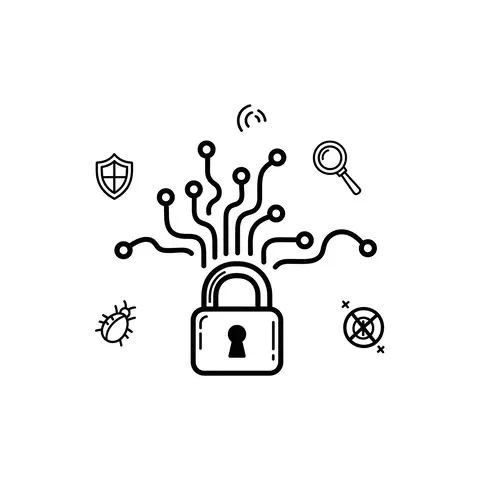
DC Sync Attack: The Art of Impersonation
Have you ever received a phone call that made your heart race or filled you with a sudden sense of urgency? It might have been someone claiming to be from your bank, a government agency, or even a distressed relative needing immediate help. Unfortunately, these are often scam calls designed to trick you into giving away your money or personal information.
These scammers aren't just relying on luck; they often use sophisticated psychological tactics to manipulate their victims. Understanding these tricks is the first step in protecting yourself.
Scammers often exploit basic human emotions and cognitive biases to lower your defenses:
Protecting yourself from scam calls doesn't require a cybersecurity degree. Here are some practical steps you can take:
In cybersecurity, a "blue team" is a group that defends against attacks. While you might not be a professional blue team member, you can adopt a defensive mindset. Think of every unsolicited call as a potential attack. Your "blue team" strategy involves:
By understanding the psychological tricks scammers use and adopting a proactive, defensive approach, you can significantly reduce your risk of becoming a victim. Stay vigilant, trust your instincts, and remember: if it sounds too good to be true, it probably is.
Love it? Share this article: